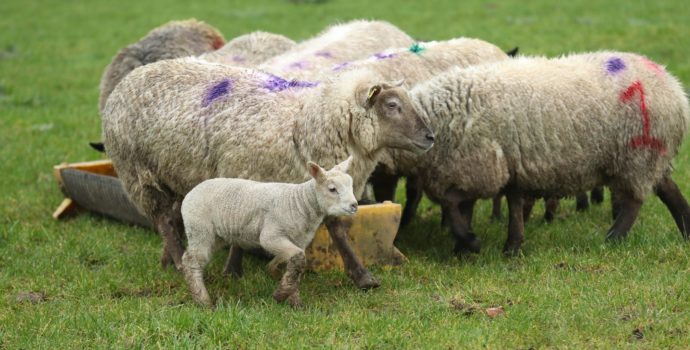Farm Income Figures a Wake Up Call for Minister for Agriculture – Downey

IFA President Eddie Downey has described the income figures for 2013 from the Teagasc National Farm Survey as a wake-up call for the Minister for Agriculture of the income crisis in the drystock sectors.
Mr Downey said, “The income figures presented by Teagasc are stark. The low-income farming sectors, cattle rearing, cattle finishing and sheep were hit particularly hard by the high costs incurred as a result of the fodder crisis in the Spring of 2013. These sectors are making a significant contribution to the economic recovery, through increased exports and employment; however, the reality is that farmers are not receiving a fair and sustainable income. The Minister for Agriculture Simon Coveney must immediately act to improve the viability of the drystock sectors”.
He continued, “There must be real actions arising from the Beef Summit to restore price competition to the beef sector. The Minister must also commit to a strong Sheep Grassland Payment. It is critical also that the GLAS scheme is opened as soon as possible, with contracts commencing from 1st January, and payments made in 2015. The fall in direct payments, particularly agri-environment schemes, contributed to the overall fall in incomes and the GLAS must prioritise the low income beef and sheep sectors”.
Mr Downey noted the positive income figures for the dairy sector, stating, “In advance of the abolition of quota, with significant investment being undertaken by farmers both on-farm and in the dairy industry, it is important that the strong milk price from 2013 is maintained through the peak season. Taxation measures to allow farmers to deal with income volatility must be an outcome of the ongoing review of agri-taxation”.
He added, “The outcome for the tillage sector last year and the outlook for the current crop also highlights its exposure to price volatility, further underlining the need for measures to deal with this. Workable solutions must be found for greening in the forthcoming CAP. There is no justification for measures that will simply add costs and undermine the efficiency of tillage enterprises”.
He concluded, “It is clear that soaring input costs are impacting negatively across all sectors. The dominant position of large multinational input suppliers is leading to a totally unbalanced bargaining position between them and the primary producer. This must be tackled by Governments and regulatory authorities”.




